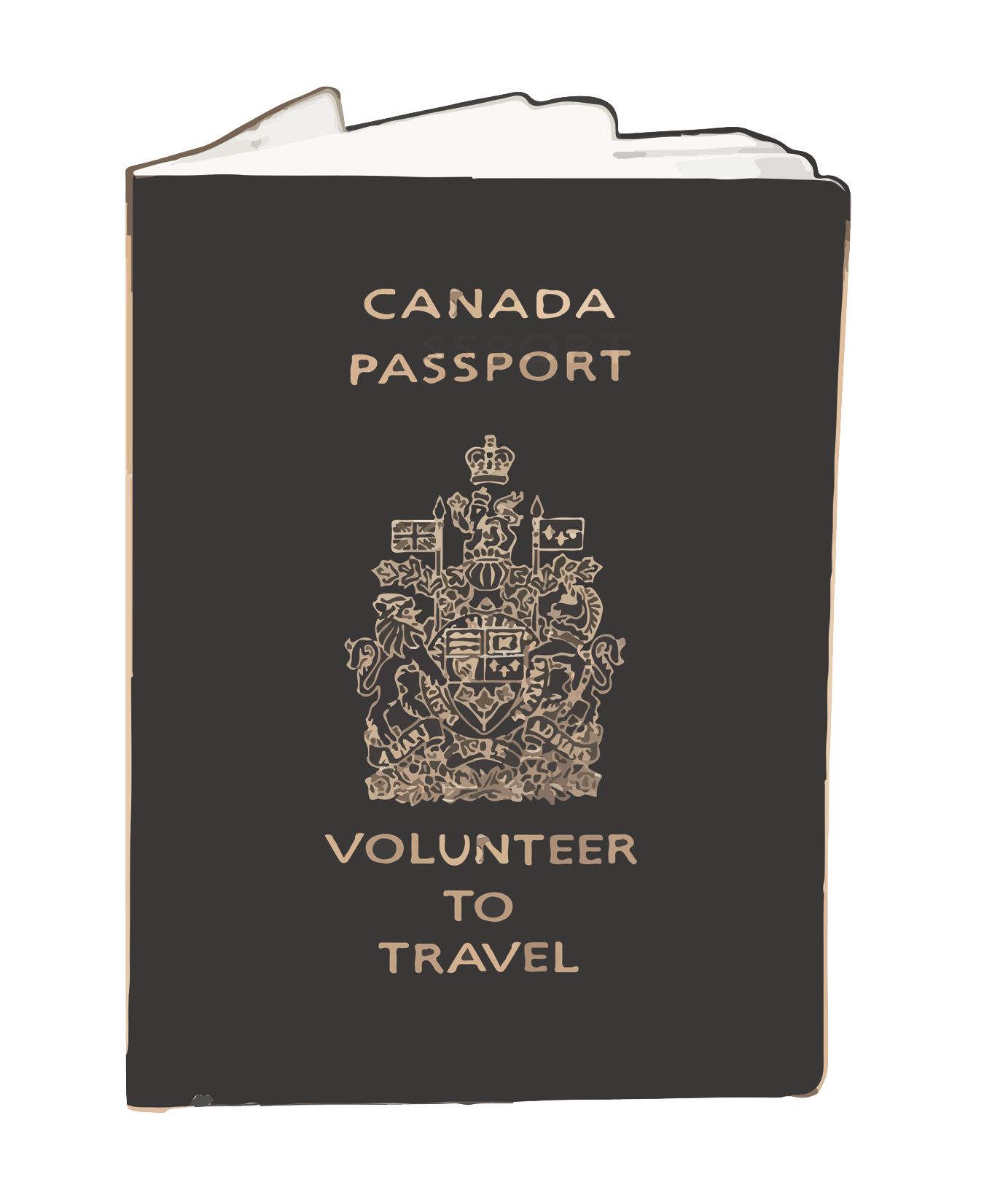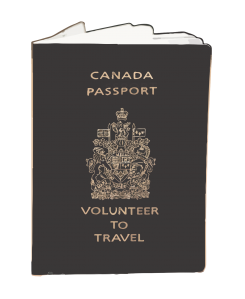My generation is plagued, like those before it, by the criticisms of its predecessor. We hear that we are entitled, that we don’t know the meaning of a hard day’s work, but a new dig at our integrity is starting to register among the cacophony of captious voices. We are accused of being shallow and disingenuous. We have become too enamored with accolades, with prizes and trophies for accomplishment’s sake and have lost the spirit of trying, of learning.
Surprisingly enough, a recent conversation with a friend had me seeing some substance in this affront to my generation’s character. I do not see this questioning of our motives as a condemnation of all of my peers, but there are certainly some of us who are guilty of such posturing, particularly in the arenas of charity and humanitarianism. This friend of mine recently returned from the cold of far Northern Quebec where he had spent several weeks living among a struggling First Nations community. He, like many others of his cohort, including myself, is a relatively privileged Canadian university student. It is with this group that I’m concerned.
I too have spent time in my life ‘doing some good.’ In the summer of 2010, I spent almost a month volunteering in Cambodia. As my friend and I discussed the commonality of our experiences — the culture shock and juxtaposition in quality of life — we came to a sobering realization. We had each taken on these endeavors for selfish reasons. This is not to say that my entire generation consists of shameless ladder climbers, eager to do what is necessary to succeed professionally and socially, but it is a growing trend nevertheless. We have come to expect something from everything we do, even from charitable work.
I put aside a significant amount of my own summer earnings, begged my parents for money, and spent countless hours fundraising, all so that I could go and help some people, about whom all I knew — or presumed — was that they needed my help. I never asked myself the difficult questions about why I was going or what I was doing. I had picked Cambodia from a list, with no inspiration other than that it was one of the more reasonably priced trips available and sounded exotic; a small, often forgotten country in South East Asia, a silent but substantial casualty of the Vietnam era, its people impoverished, its infrastructures failing — it was perfect.
The currency of humanitarianism on any resume was something I was too aware of, and which I was eager to take advantage pf. I do not wish to paint my friend or myself as heartless or deliberately underhanded. We are young and lucky to have at least realized our superficiality in retrospect. We had fallen prey to the commoditization of charity. We are better versed in what we stand to gain from helping others — namely a perceived well roundedness that schools and employers alike pine for — than what we stood to learn about other people and, most importantly, about ourselves.
In a recent commencement speech-turned-viral video, David McCullough Jr. warned the graduating students of Wellesley High of the incipient risks of an accolades-over-experiences worldview, in which such a trip “becomes more about the application to Bowdoin than the well-being of Guatemalans.” I would like to mirror these sentiments.
I was shocked to find upon entrance into university that my personal voluntourism experience pales in comparison to those of some of my higher-achieving classmates. Some had taken it upon themselves to create their own charitable organizations; others had been on several trips where I had been on only one. More often than not, their chronicling of such endeavours reveals the tensions that exist between their initially naïve, self-consumed motivations and expectations for getting involved, and their subsequent processing of the gravity of the differences witnessed and assumptions challenged.
I do not intend to cheapen their experiences or their accomplishments, or cast aspersions on the sincerity of their dedication. I only wish to stress the importance of forethought and perspective when we endeavor on these kinds of adventures.
I wondered if my friend’s experience instilled in him some worldview, harmless or not, about the people he had helped and their needs. It is of the utmost importance that we do not become the first generation to be so invigorated with the gravity of our own sensitivity for differences of privilege, that our sympathy becomes so righteous that we fail to recognize our prejudice. For all of our willingness to help, for whatever reason, we should not presume that others are in absolute need of our help, or that our help is absolute.
For too many of us, charity has come to represent an ‘in’ — another way of getting a leg-up. If anything, looking back on my trip, I am struck by the realization that maybe my post-hoc guilt over my questionable intentions and ambitions doesn’t matter in the long run. Some benefit was given and received. I just wish that my peers and I had the benefit of purer and humbler motivations at the departure gate.



